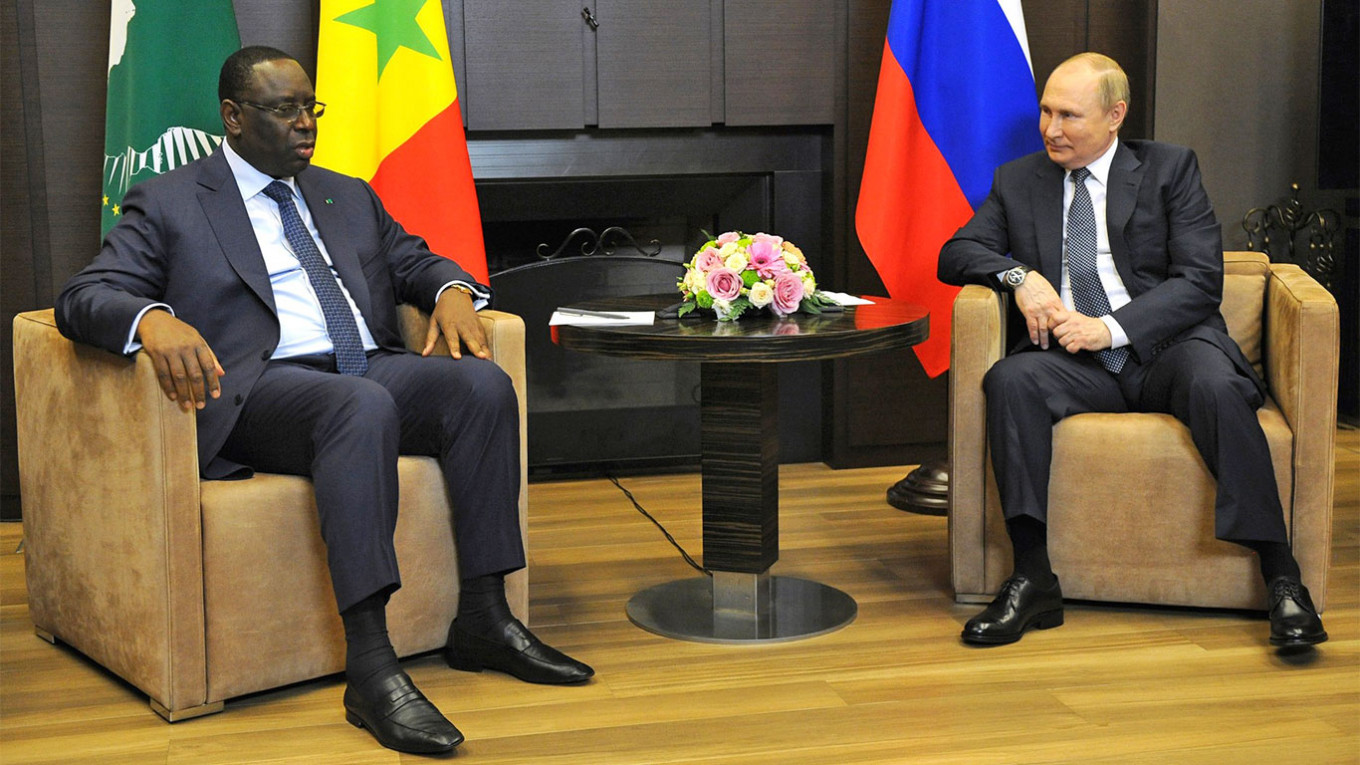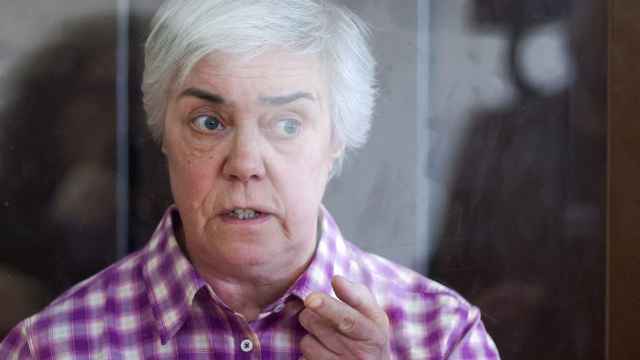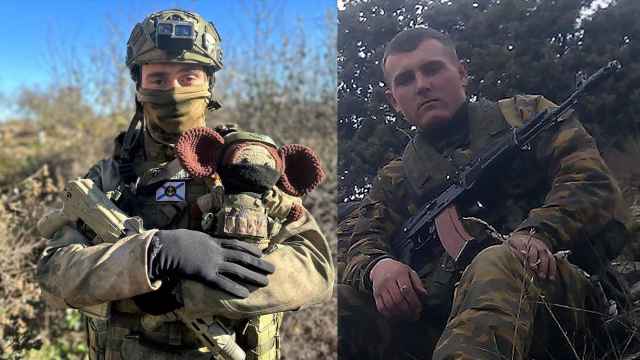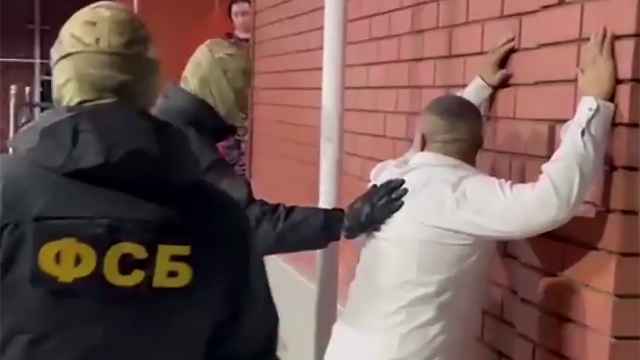African Union head Macky Sall on Friday urged Russian President Vladimir Putin to take into account the suffering in African countries from food shortages caused by the conflict in Ukraine.
Putin hosted the Senegalese president at his Black Sea residence in Sochi on the 100th day of Moscow's offensive in Ukraine, with global food shortages and grain supplies stuck in Ukrainian ports high on the agenda.
Sall asked Putin to "become aware that our countries, even if they are far from the theatre (of action), are victims on an economic level" of the conflict.
He said it was important to work together so that "everything that concerns food, grain, fertilizer is actually outside" of Western sanctions imposed on Moscow over Russia's military campaign in Ukraine.
Sall also said that due to Western sanctions "we no longer have access to grain from Russia and especially fertilizer" which is crucial for Africa's "already deficient" agriculture.
"That really creates serious threats to the food security of the continent," Sall added.
In his remarks in front of reporters, Putin did not mention grain supplies but said Russia was "always on Africa's side" and was now keen to ramp up cooperation.
"At the new stage of development, we place great importance on our relations with African counties, and I must say this has had a certain positive result," Putin added.
Moscow's military campaign in Ukraine and a barrage of international sanctions on Russia have disrupted supplies of fertilizer, wheat, and other commodities from both countries, pushing up prices for food and fuel, especially in developing nations.
Cereal prices in Africa, the world's poorest continent, have surged because of the slump in exports from Ukraine, sharpening the impact of conflict and climate change and sparking fears of social unrest.
A Message from The Moscow Times:
Dear readers,
We are facing unprecedented challenges. Russia's Prosecutor General's Office has designated The Moscow Times as an "undesirable" organization, criminalizing our work and putting our staff at risk of prosecution. This follows our earlier unjust labeling as a "foreign agent."
These actions are direct attempts to silence independent journalism in Russia. The authorities claim our work "discredits the decisions of the Russian leadership." We see things differently: we strive to provide accurate, unbiased reporting on Russia.
We, the journalists of The Moscow Times, refuse to be silenced. But to continue our work, we need your help.
Your support, no matter how small, makes a world of difference. If you can, please support us monthly starting from just $2. It's quick to set up, and every contribution makes a significant impact.
By supporting The Moscow Times, you're defending open, independent journalism in the face of repression. Thank you for standing with us.
Remind me later.






